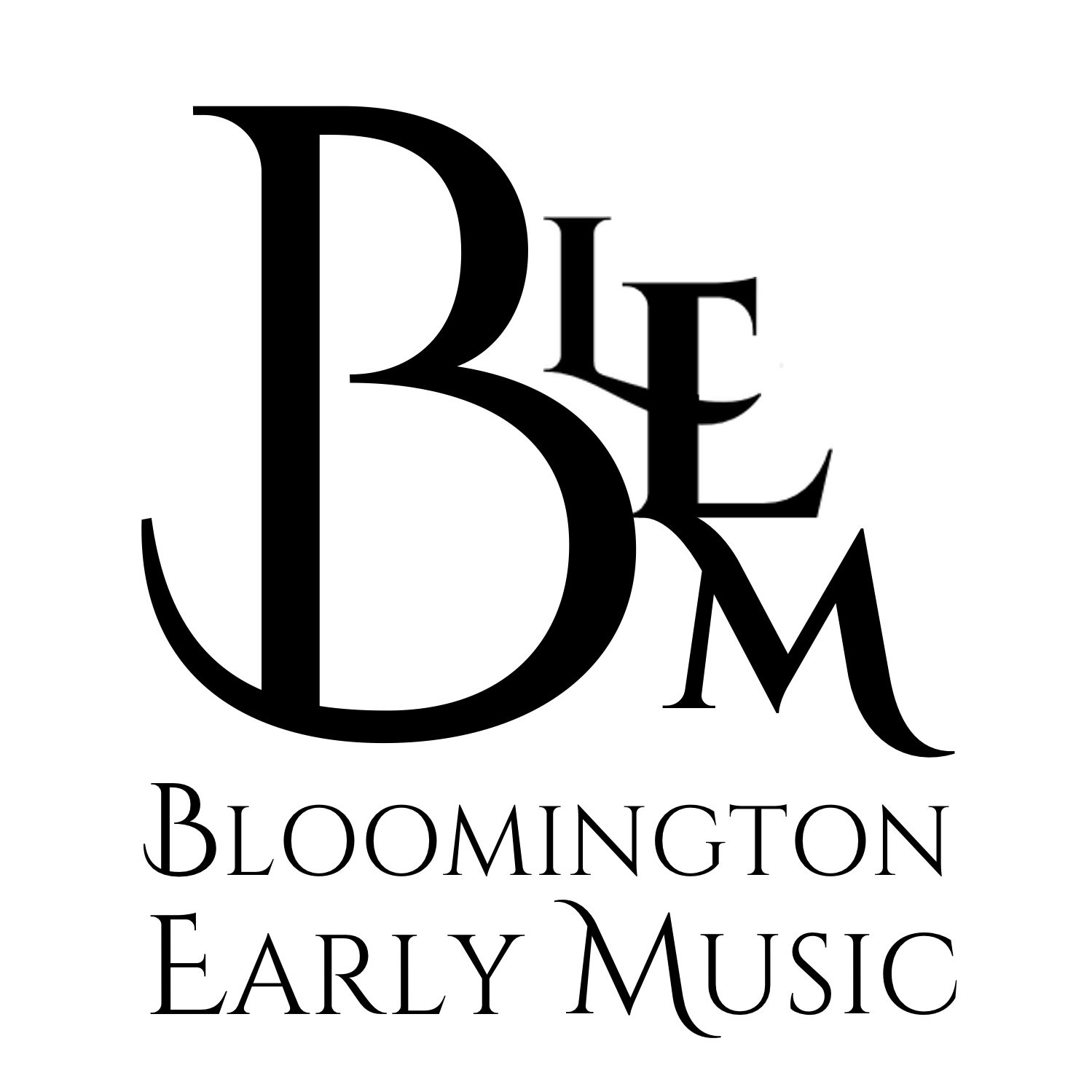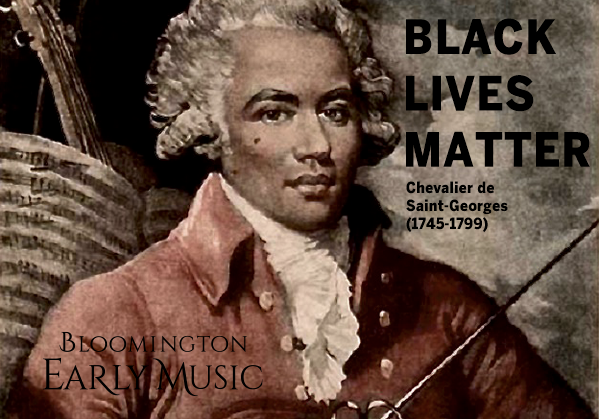“Our lives begin to end the day we become silent about the things that matter.”
Reminded of this powerful call to action by Martin Luther King, Jr., Bloomington Early Music joins artists and arts organizations around the country in an affirmation of and commitment to racial equality and justice.
The horrific, unnecessary death of George Floyd and so many others, the assaults on those falsely blamed for the COVID-19 pandemic, the concerted otherizing of immigrants during the past few years, coupled with the anguished cry from protestors around the country this week, remind us that we live in a world that is profoundly broken, a world that demands equal access to opportunity, public safety, freedom of speech, healthcare, education – and artistic expression.
The Bloomington Early Music Festival stands in solidarity and alliance with the Black community and all people of color as we recognize the systemic inequities of our nation.
As we take stock of our future as an arts organization in the midst of such pain and conflict, we are strengthened in our commitment to the values we recently adopted:
We are committed to being societally engaged
We support diversity through music that is global, multicultural, and multi-genre
We seek to include multiple constituencies in both performers and audiences
Music at its core is about the human condition. As Plato wrote, it “gives a soul to the universe, wings to the mind, flight to the imagination, and life to everything.” Our responsibility now is to truly embrace these words by developing projects and programming that are increasingly responsive to the times we live in, that shed light on underrepresented communities and inequities through the ages, and that expand an awareness of historical performance through multiple cultural lenses.
In hopes for a just world in which all can experience and celebrate early music,
Bloomington Early Music Board Members:
Alain Barker, Paul Borg, Aaron Cain, Alison Calhoun, Sally Gaskill, Julia Lawson, Dana Marsh, Stanley Ritchie, Thomas Schaller, and Shelley Taylor
Image: Joseph Bologne, Chevalier de Saint-Georges (December 25, 1745 – June 12, 1799) was a champion fencer, classical composer, virtuoso violinist, and conductor of the leading symphony orchestra in Paris. Born in the French colony of Guadeloupe, he was the son of George Bologne de Saint-Georges, a wealthy married planter, and Anne dite Nanon, his wife's African slave. Painting by Mather Brown (1787).


